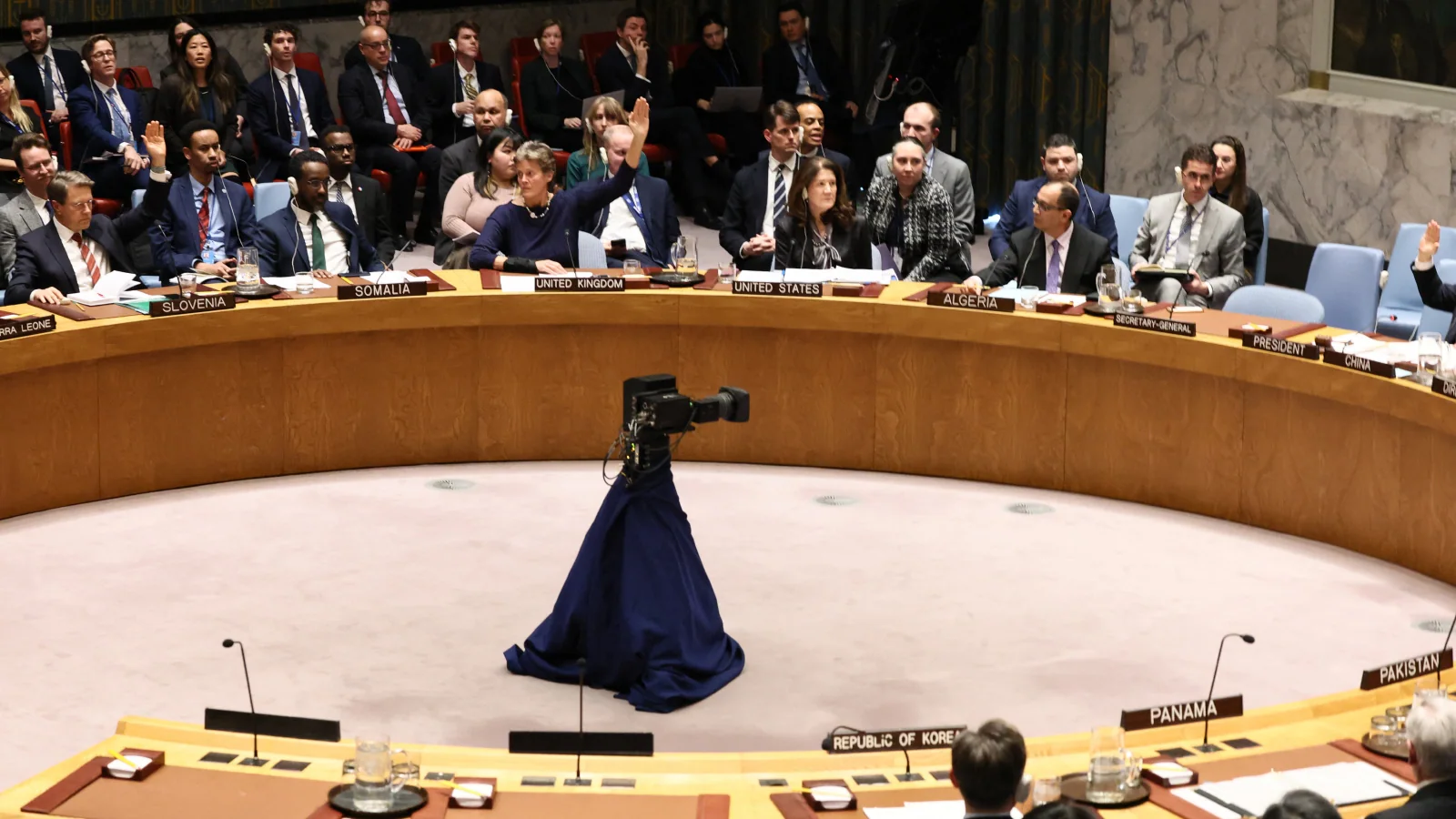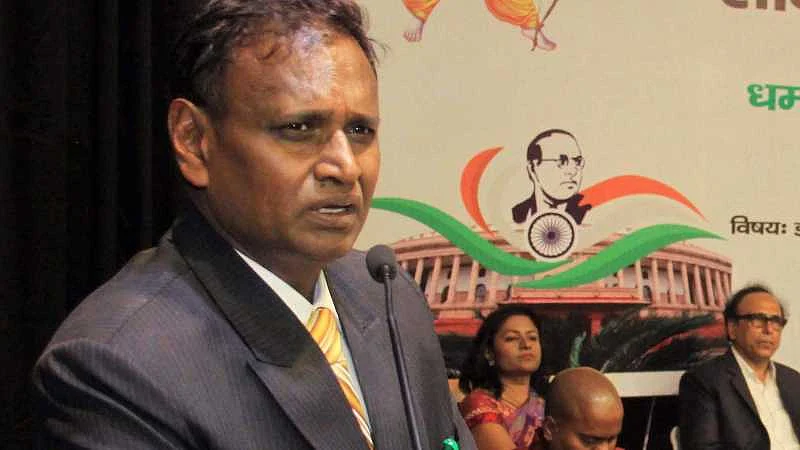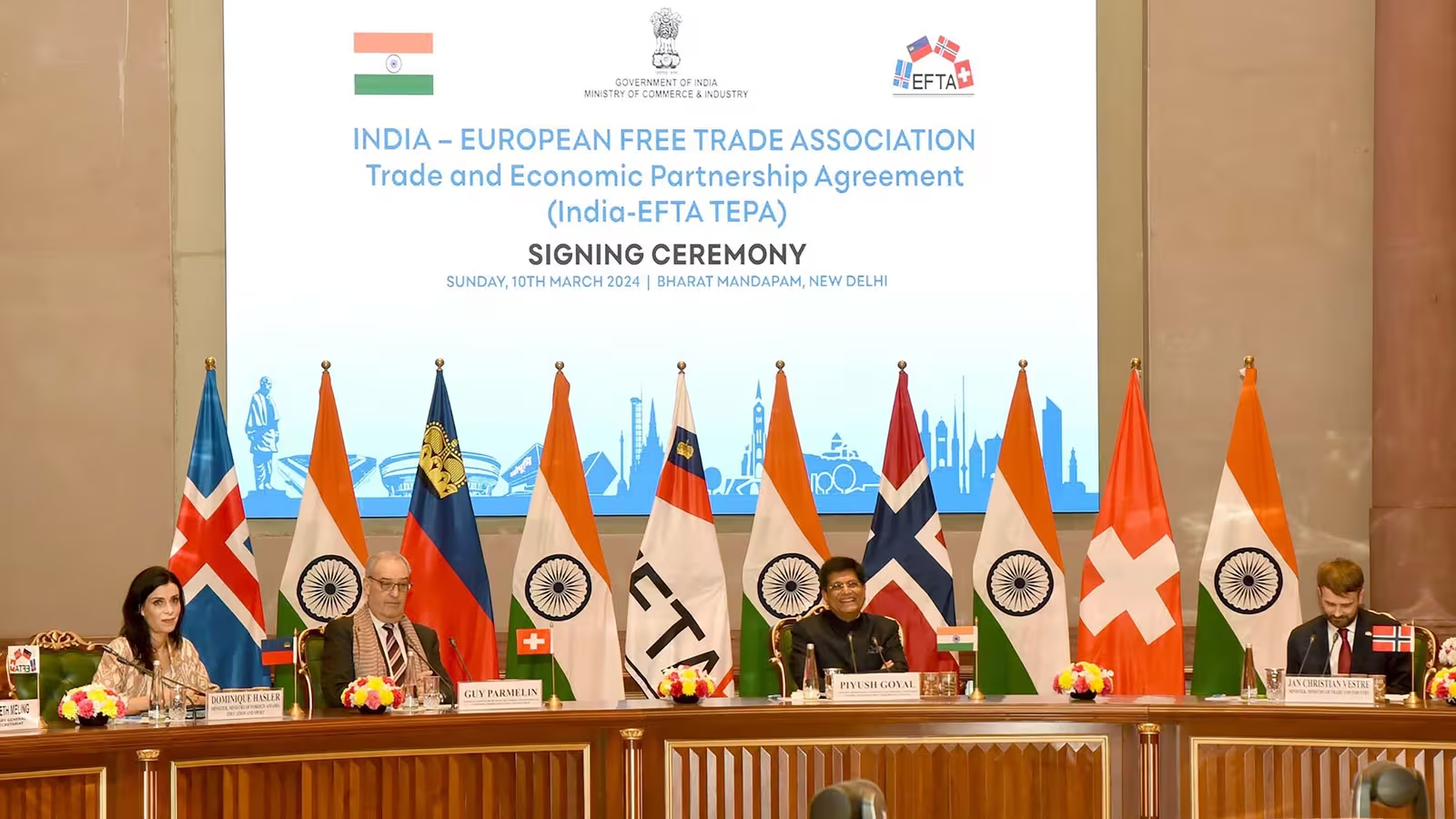Now Reading: India Rebukes Switzerland at UNHRC, Labels Pakistan a Failed State
-
01
India Rebukes Switzerland at UNHRC, Labels Pakistan a Failed State
India Rebukes Switzerland at UNHRC, Labels Pakistan a Failed State

India used its platform at the UN Human Rights Council to sharply criticize Pakistan’s human rights record while also targeting Switzerland for what it called “ill-informed” remarks about minority rights in India. The Indian delegation insisted that discussions should be grounded in facts, and offered to assist Switzerland in addressing its own concerns such as discrimination. The exchange reflects rising diplomatic tensions and India’s intent to shape global narratives around its domestic human rights situation.
What India Asserted
Speaking at the 60th session of the UNHRC, India’s diplomat Kshitij Tyagi challenged Switzerland to avoid what he termed misleading or superficial criticisms. He defended India’s democratic credentials, pointing out its diversity, pluralism, and constitutional safeguards. India said that some foreign commentary unfairly treats its challenges as unusual, ignoring similar issues elsewhere.
On Pakistan, India reiterated longstanding accusations of systemic abuse, terror affiliations, and governance breakdown. By calling Pakistan a “failed state,” India underscored its claim that Pakistan’s political, security, and human rights conditions warrant international concern — and possibly intervention in terms of global opinion.
Switzerland’s Role in the Debate
Switzerland, currently holding the UNHRC presidency, had urged India to better protect minority rights, freedom of expression, and media independence. India responded by turning the mirror back, suggesting Switzerland itself has shortcomings in handling issues like racism and xenophobia. By offering help to Switzerland, the Indian side positioned itself as open to dialogue but firm on its refusal to accept criticism it sees as unfounded.
Why This Matters Globally
At multilateral forums like the UNHRC, states often compete for narrative control. For India, defending its image matters not just diplomatically but also for trade, foreign investment, diaspora relations, and soft power. Criticism from Switzerland or other countries can affect how India is viewed in international human rights assessments and forums.
For Pakistan, such labeling by India is unlikely to pass without response. It further polarizes relations and reinforces each side’s domestic narratives. States watching closely may adjust their diplomatic tone or alignment based on such public exchanges.
Implications for Tier-2 Cities and Citizens
When international forums flare up, people in Tier-2 cities often see the effects indirectly—via media coverage, policy shifts, or in how minorities and civil society actors are treated locally. These debates feed discussions about free speech, minority protections, and local justice systems. Many small-town journalists, students, community leaders may find themselves assessing whether criticisms from abroad align with lived experience at home.
Moreover, if international criticism increases, governments may respond with new legislation, tighter regulations on media or speech. That can affect local media outlets, NGOs, and individuals who depend on freedom of expression.
Conclusion
India’s firm critique of both Pakistan and Switzerland at the UNHRC shows a diplomatic strategy rooted in asserting sovereignty, defending image, and pushing back against narratives it sees as biased. While such exchanges are not new, their tone and framing suggest that India is less willing to accept criticism without counterattack. For citizens everywhere—including smaller towns—this debate affects perception, governance norms, and possibly how rights and criticism are dealt with back home.

























